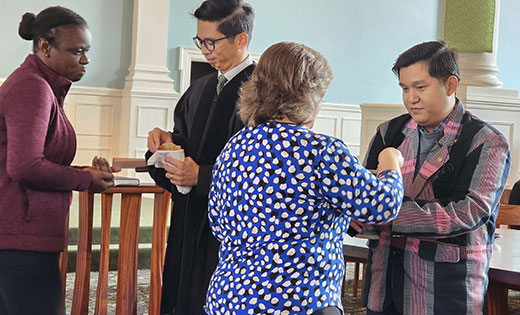Field Education
About Field Education
Learn More
Become a Field Ed Student
Learn More
Become a Field Ed Site
Learn More
Contact Field Education
The Rev. Sue Washburn '12
Interim Director of Field Education
412-924-1383



